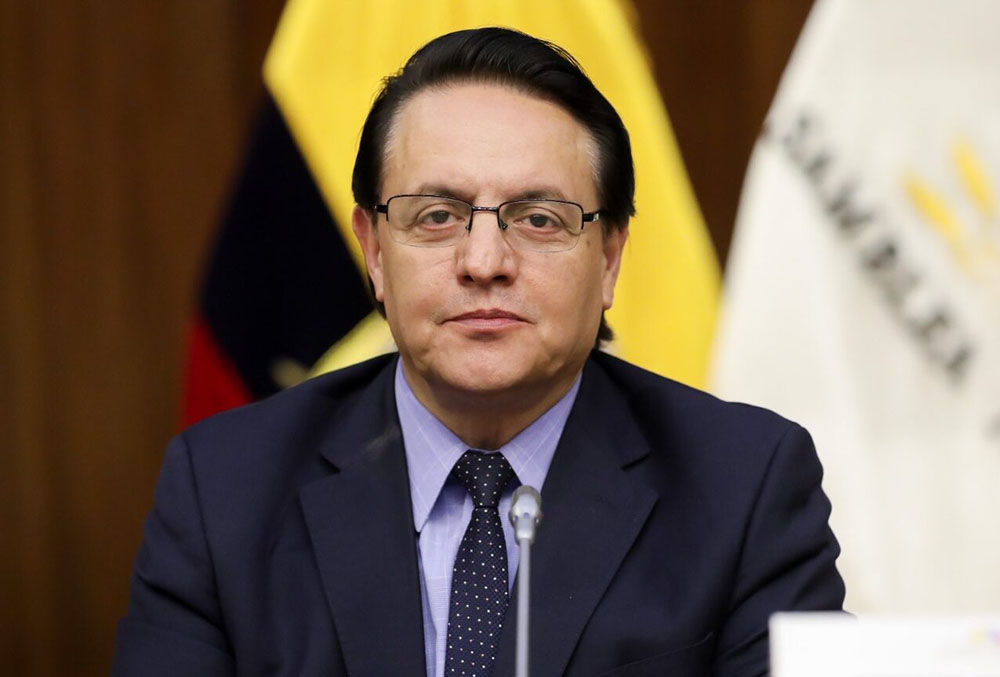QUITO, (Reuters) – Five suspects accused of involvement in the assassination of Ecuadorean anti-corruption presidential candidate Fernando Villavicencio, who was gunned down in Quito last August, will go to trial, the attorney general’s office said yesterday.
A sixth suspect will be released according to a judge’s ruling, the office added in a post on social media.
Villavicencio, a former legislator and crusading journalist, was shot while leaving a campaign event, becoming the most prominent victim of the country’s spiking violence.
Theories abound about the reasons for Villavicen-cio’s killing and an investigation into who ordered it is ongoing.
One gunman was killed at the scene and the case was further clouded in October when seven other suspects were murdered in jail.
The remaining six suspects were arraigned in a two-day hearing. They include two people prosecutors say are leaders of factions within the Los Lobos gang, though their defense teams argued there is a lack of evidence for that claim.
“Carlos Edwin Angulo Lara, alias ‘The Invisible’, would be the person who gave the order to assassinate the presidential candidate from inside the CRS Cotopaxi (prison),” prosecutor Ana Hidalgo said on Tuesday, the first day of the hearings, adding Angulo served as an intermediary between the assassins and the person who contracted the crime.
Laura Dayanara Castillo, also described by the prosecution as a leader of a faction in Los Lobos, was in charge of logistics, including procuring guns, vehicles and campaign t-shirts and hats for the assassins, the prosecution said.
The remaining four defendants, including the man released on Wednes-day by Judge Irene Perez, drove cars or motorcycles or were present at the scene, the prosecutor said.
On Wednesday a defense lawyer for Angulo, who is serving time in a prison in Quito on weapons charges, said prosecutors had presented no proof his client is a member of Los Lobos or that a phone allegedly used in the plot belongs to him.
Attorneys for the other accused also questioned what they say is a lack of evidence, as well as the prosecution’s use of a protected witness and why that person was not accused.
The attorney general’s office in Ecuador does not typically publish the full names of people under prosecution, but full names were used during the hearing.
Villavicencio, whose journalism exposed corruption and organized crime connections among politicians, had long been the subject of threats.
“Carlos Angulo is the link in the chain to the intellectual authors. This person is key to knowing who hired him, making him into an intermediary, to contract the assassins,” Villavicencio’s widow, Veronica Sarauz, said on X on Tuesday.
Los Lobos has thousands of members, according to some reports, and is active in Ecuador’s violent prison system.
President Daniel Noboa, who took office in November, last month declared 22 gangs, including Los Lobos, terrorist groups after the latest surge of violence, when dozens of prison guards were taken hostage and gunmen invaded a television station during a live broadcast.






